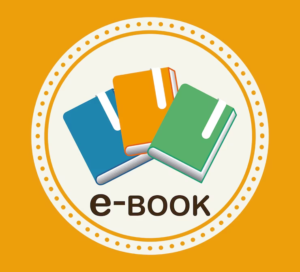Role Of Analytics Writing
The art of writing rapidly intersects with the science of analytics in the digital age. Understanding and applying analytics may dramatically improve the quality and impact of your writing, whether you’re a novelist, journalist, blogger, or marketer. This article delves into the multidimensional significance of analytics in writing and how it may be used to achieve success.
Understanding Analytics Writing
The use of data and statistical analysis to understand and enhance various parts of writing is referred to as analytics in writing. This might range from digital platform audience engagement measurements to readability scores and SEO (Search Engine Optimization) fulfillment. Analytics offer concrete, verifiable insights into how readers receive and engage with content.
Audience Engagement and Behavior Analysis
One of the most common uses of analytics in writing is to determine the engagement of the audience. Page views, time spent on a page, and bounce rates, for example, can reveal a lot about how users interact with your content. Understanding these trends assists in personalizing material to better meet the audience’s preferences, resulting in higher engagement and loyalty.
SEO and Visibility Enhancement
SEO has significance for digital content creators. Analytics software can assist you in determining which keywords and phrases are most efficient in generating traffic to your content. Understanding and applying these insights can help writers increase the reach of their work, ensuring its accessibility to a broader audience.
User Experience and Readability
Analytics can also provide suggestions on your writing’s readability and accessibility. The Flesch-Kincaid readability test, for example, assigns scores based on the length of sentences and word complexity. Enhancing readability brings up your work to a wider audience, improving user convenience and engagement.
Strategy & Planning for Content
In content strategy and planning, data-driven insights are important. Analytics can identify trends and topics that your audience is interested in, instructing you on what to write next. This method of planning guarantees that your work is both current and pertinent, improving its effect and value.
Loop Feedback and Continuous Improvement
Analytics provide a constant feedback loop. By evaluating data on a regular basis, writers can learn what works and what doesn’t, resulting in ongoing progress in their writing. This series of iterations is critical for honing writing skills and consistently creating high-quality content.
Ethical Issues and Difficulties
While analytics can be extremely valuable, they sometimes offer difficulties. Over-reliance on data can limit originality and result in formulaic writing. Plus, ethical concerns about data protection and the possibility of analytics manipulation should be considered.
Conclusion: Art and Science in Balance
The function of analytics in writing is a balancing act between storytelling art and data science. You can acquire useful insights into the effectiveness and reach of your work by incorporating analytics into your writing process. However, it is critical to strike a balance, ensuring that data-driven judgments do not eclipse creativity and originality.
In conclusion, analytics provide significant tools for writers and content creators to better understand their audience, increase readability, boost SEO, and adjust their content strategy. Embracing these tools can lead to more successful and impactful writing, but it’s necessary to utilize them as support to the creative process, not as a replacement for it.









